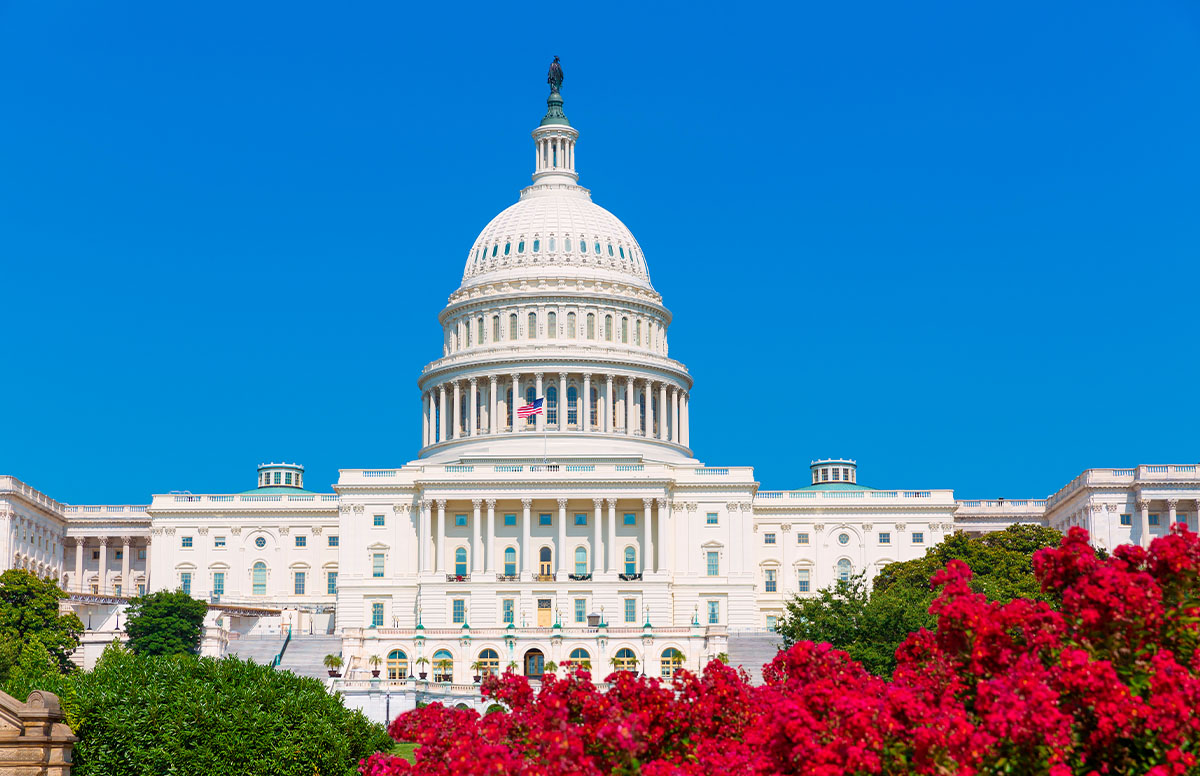In 2014, Centers for Medicare & Medicaid Services (CMS) created regulatory standards for the settings in which Medicaid-reimbursed home and community-based services (HCBS) are provided (42 C.F.R. § 441.301). The HCBS Settings Rule promotes community integration for older adults, with a focus on person-centered choice, privacy, decision-making, schedule flexibility, and community engagement. Over the last nearly eight years, CMS, ACL, and states, with input from stakeholders, have been working to implement the Settings Rule. While there has been progress, there have also been many delays, including due to the pandemic.
In July 2020, CMS provided states, and providers, an additional year to comply with the rule, until March 17, 2023. CMS’ updated strategy presentation this week confirmed that this timetable, despite ongoing pandemic and workforce related concerns, holds firm. States have been charged with developing a state transition plan (STP) to ensure that state Medicaid programs come into compliance. As of today, 21 states (Alaska, Arkansas, Connecticut, Delaware, Hawaii, Idaho, Kentucky, Minnesota, Missouri, North Dakota, Ohio, Oklahoma, Oregon, South Carolina, South Dakota, Tennessee, Utah, Virginia, Washington, Wyoming and the District of Columbia) have received final CMS approval of their STPs. This table, which continues to be updated, provides all available documents related to STPs, along with CMS determinations of heightened scrutiny reviews.
CMS reiterated this week that, as part of the STPs, states and providers must be compliant with all settings criteria that have not been directly impacted by the Public Health Emergency (PHE). The federal government will not provide funding for services that do not meet the new rules. States are assessing all services and settings and are asking providers to make changes in how they operate to meet the federal rules by modifying policies and program designs, where and how services are delivered, and providing training to assure staff members understand the expectations of the HCBS Settings Rule.
CMS is giving states the option to apply for time-limited corrective action plans (CAPs), which would allow them additional time to achieve full compliance with settings criteria. CAPs are limited for states to meet requirements that have been directly impacted by the pandemic, including access to the broader community; options for a private unit and/or choice of a roommate; and choice of non-disability specific settings. CMS is also encouraging states to take advantage of “unprecedented” additional HCBS funding available as part of the American Rescue Plan.
Throughout the pandemic, LeadingAge members who provide Medicaid-funded adult day programs, assisted living, and home/personal care services all reimagined their service offerings to both keep the people they serve safe and connected to the care and supports they need. CMS and ACL are committed to working closing with stakeholders in the implementation of the Settings Rule over the next 10 months. LeadingAge members are encouraged to contact Georgia Goodman or Mollie Gurian with feedback on your state’s level of communication, documentation infrastructure, and ability to collaborate on resolving issues related to your Settings compliance progress.


 Shutdown Week Three: Impact of Ongoing Closure on Affordable Housing
Shutdown Week Three: Impact of Ongoing Closure on Affordable Housing